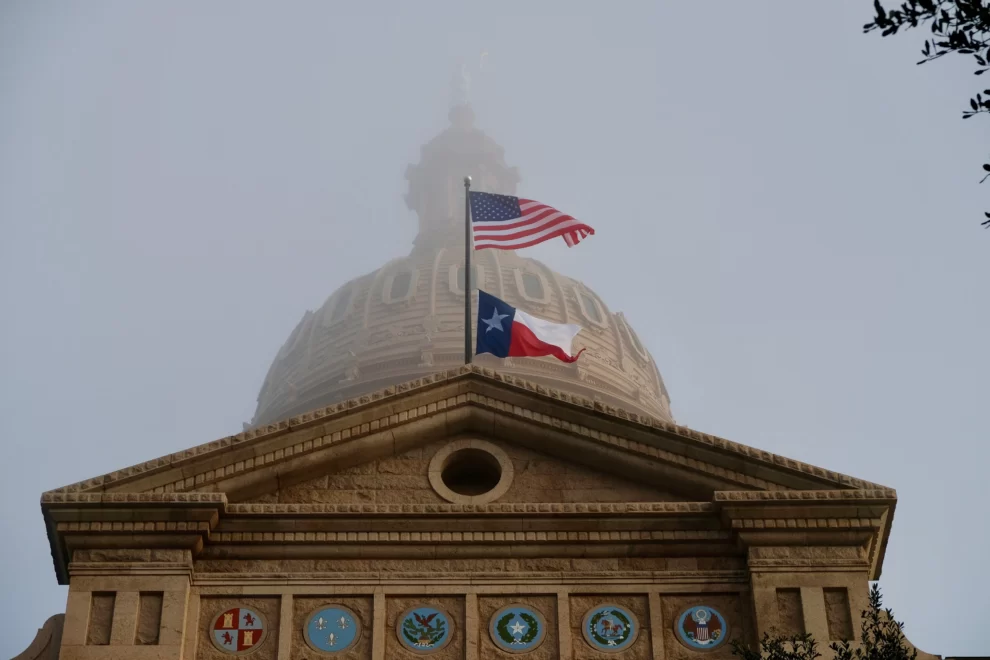The new Texas law allows school districts to allow hired or volunteer chaplains to provide counseling and mental health services for students.
The role of religion in public schools, including faith-based interventions for struggling students, has long been a point of contention in Texas. A recently adopted state law will now allow chaplains to volunteer their counseling services to school districts, some of which have adopted resolutions to accept chaplain services while others have done the opposite.
During the 88th Legislative session, Senate Bill (SB) 763 was passed into law to allow school districts the option of accepting hired or volunteer chaplains to perform duties similar to that of a school counselor.
The bill’s architect Sen. Mayes Middleton (R-Galveston) explained on social media that the defining character of the bill was to allow the “important role chaplains serve for pastoral care and representing God’s presence within our public schools.”
Despite the bill successfully making it to Gov. Greg Abbott’s desk and being signed into law, some pastors were vocally hesitant to support it.
In late August, over 100 Texas chaplains penned a letter to school board members across the state urging them to “reject this flawed policy option.”
“Because of our training and experience, we know that chaplains are not a replacement for school counselors or safety measures in our public schools … it is harmful to our public schools and students and families they serve,” the letter states.
Some school districts agree with this sentiment and have voted to oppose allowing chaplains to serve in a counselor role in their schools.
The Dallas Independent School District (ISD) board recently passed a resolution to not let chaplains provide support, services, and programs for students. Kerrville ISD passed a similar resolution this month.
Many districts in Texas have taken the opposite approach and have adopted resolutions to allow chaplains into their schools. Round Rock ISD, Mineola ISD, and Georgetown ISD, among others, have voted to accept chaplains as volunteers.
The over 1,200 school districts in Texas will have until March 2024 to vote on whether they will accept chaplains to provide mental health services for students.
In a 2023 youth mental health survey from Mental Health America, 16 percent of those aged 12 to 17 reported suffering from at least one major depressive episode in the past year, and 60 percent of youth with major depression reported not receiving any mental health treatment. Many of these cases were exacerbated due to COVID-19 lockdowns, which saw depression and anxiety double by some measures during the pandemic.
The Texas Education Agency (TEA) follows the Texas Model of Comprehensive School Counseling Programs that, according to the education code, the responsibility of a school counselor is to “counsel students to fully develop each student’s academic, career, personal, and social abilities.”
TEA released a report in February 2023 from the Collaborative Task Force on School Mental Health Services that found “many students have a school counselor or nurse within the district” and 84 percent of districts employ a psychologist or licensed specialist in school psychology.
Though students have access to counseling services and psychologists, only a small proportion of students have access to other mental health professionals. The report found that counselors “welcomed the input of community mentors” who could address the shortage in the workforce and the “desperate shortage of time that many counselors described as necessary to accomplish their mandated work.”
According to the TEA, Texas has received $19.2 billion in Elementary and Secondary School Emergency Relief (ESSER) funding, 73.5 percent of which has been used to address student mental health.
Source: The Texan















